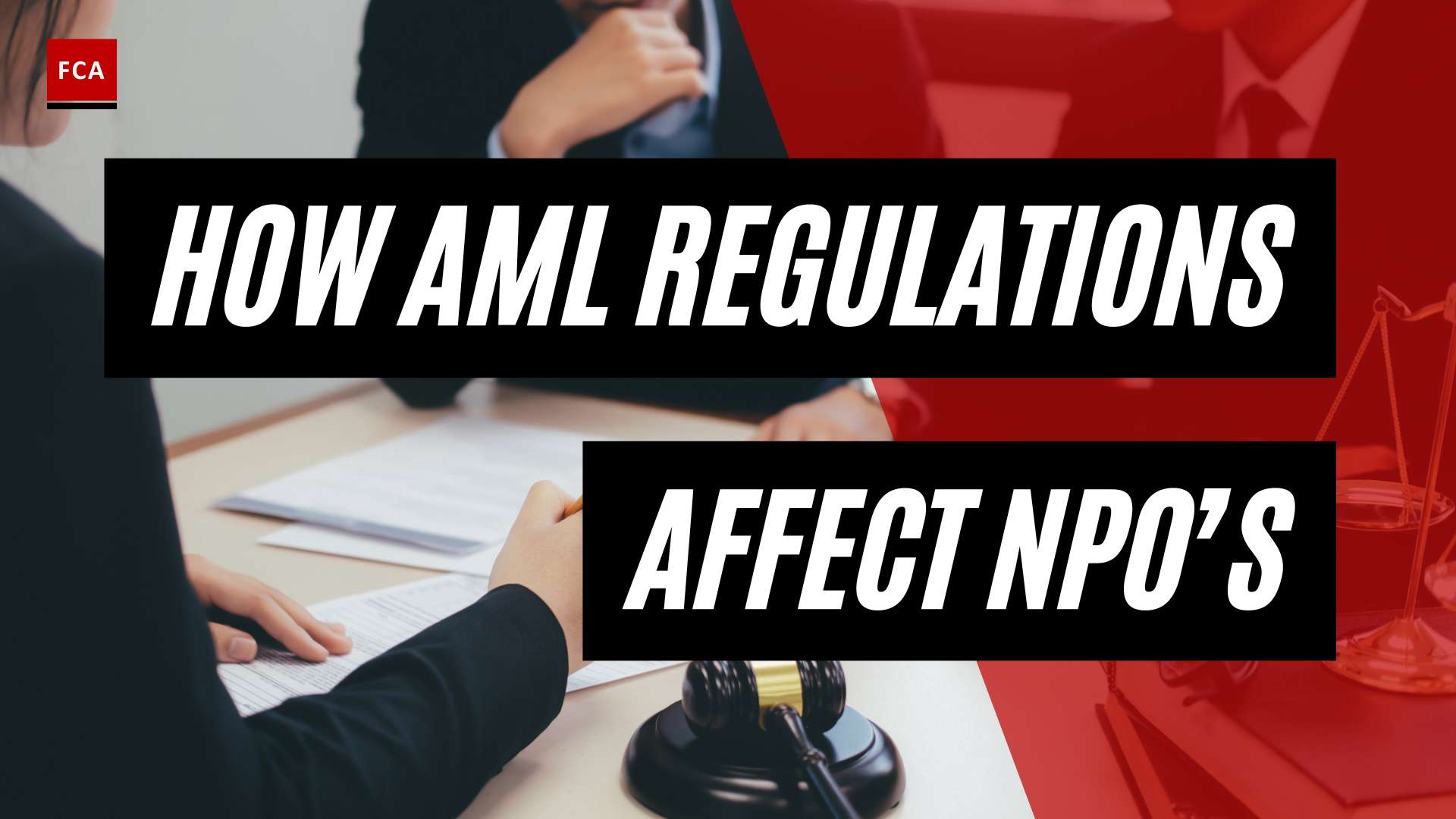Financial crime and cross-over crimes causes financial losses on a larger scale. The criminals may engage in financial and cross-over crimes across different jurisdictions to gain much higher financial benefits. Financial crime is generally defined as any activity involving fraudulent or dishonest behavior for personal financial gain. Financial crime refers to all crimes committed by an individual or a group of individuals, including taking money or other property belonging to someone else to obtain financial or professional gain.

Financial Crime and Cross-Over Crimes
The two most significant types of financial crime are money laundering and the financing of terrorism. Financial crime is an ongoing challenge for banks, institutions, and individuals. As regulators and financial authorities introduce new strategies to detect and prevent financial crime, criminals develop more sophisticated methodologies to evade legal scrutiny and commit offenses, including fraud, money laundering, and the financing of terrorism.
Financial crime activities are usually complex and require subject matter expertise to identify and understand the root cause of the criminal activity that occurred. Criminals use different means, portals, channels, and people to proceed so that they may hide the real purpose, source of financial crime origination, and execution.
Sometimes to gain a bigger financial benefit, criminals plan and perform different types of financial crime activities in different jurisdictions using different people, which combinedly lead to bigger financial crime. There seems to be broad agreement on financial crime and other cross-over crimes such as money laundering, corruption, and tax evasion. The terms financial abuse and financial crime are far less precise and are sometimes used interchangeably.
Financial crime can be any non-violent crime that generally results in a financial loss. It also includes various illegal activities such as money laundering and tax evasion. Money laundering refers to activities involving the processing of criminal proceeds to disguise their association with criminal activities.

Poor regulatory and supervisory frameworks or harmful tax practices usually cause financial and cross-over crimes. Different cross-over crimes include selling fictitious financial instruments or insurance policies, embezzlement of non-financial institutions, tax evasion, stock manipulation, tax avoidance, and connected party lending.
Financial crime may be committed by anyone, including the internal or external stakeholders, to commit the activities that generate illegal money or funds for criminals. Such activities include the exploitation of insider information or the acquisition of another person’s property by committing fraud, which will be done to secure a material benefit. Criminals may commit one or many of these cross-over crimes to achieve a bigger financial crime objective spanning a long time and involving various stakeholders from different jurisdictions.
Final Thoughts
Financial institutions are also expected to contribute to the fight against financial crime by ensuring compliance with the regulations put in place by authorities – or face potentially severe penalties. Money laundering is the concealment or disguise of the origins of illegally obtained proceeds in order for them to appear to have come from legitimate sources. Criminal gangs use banks, shell companies, intermediaries, and money transmitters to move illegally obtained funds around the world, attempting to integrate the funds into legal businesses and economies. Money mules now play an important role in this context. These are individuals who act as middlemen for criminal gangs, even if they are unaware that they are laundering illegal funds.








